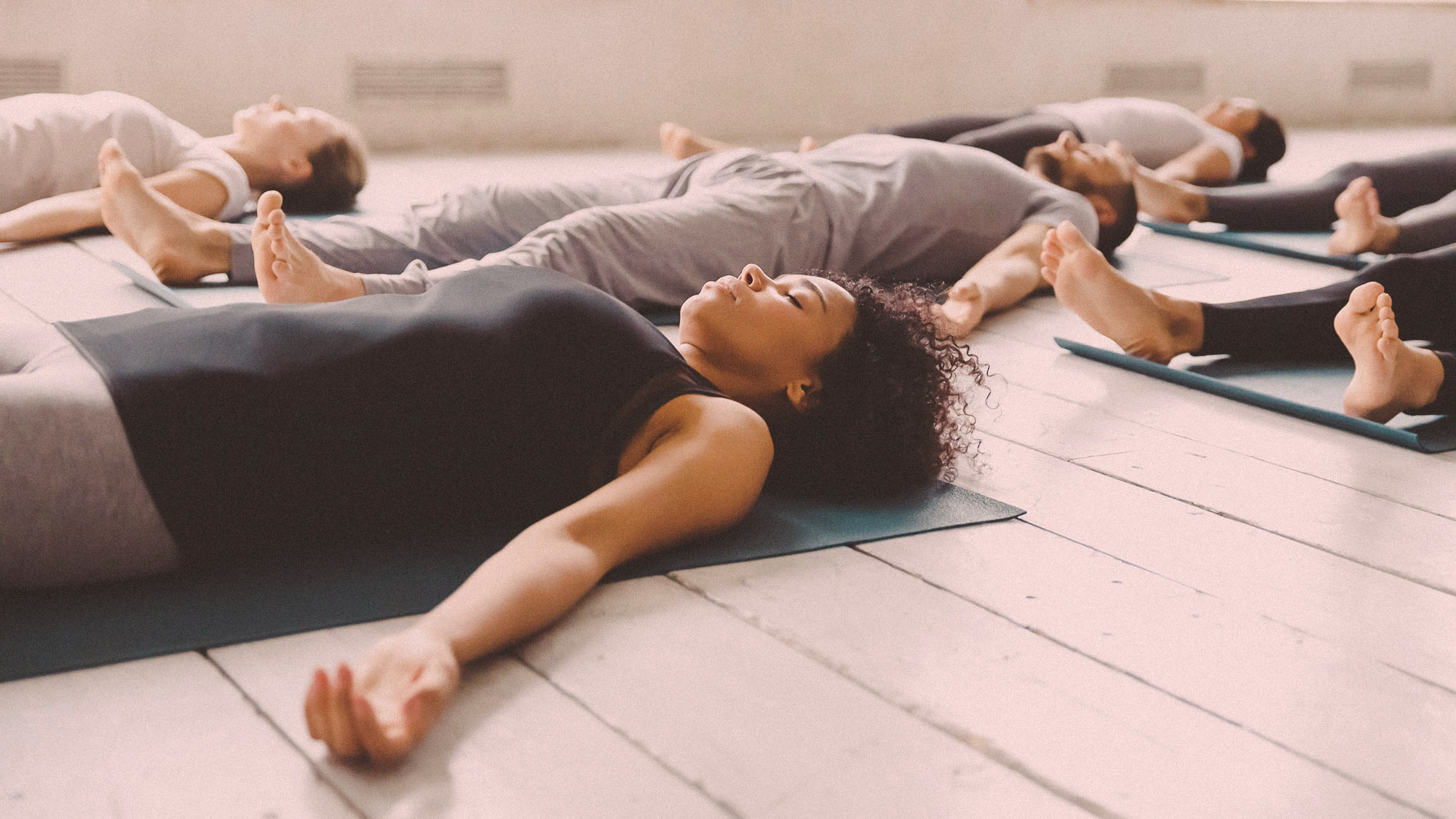A few years ago I was sitting in a marriage class offered through my church and a friend leaned over and said, “My friends are getting a divorce over cleaning. How crazy is that?” While I didn’t say it out loud, I knew silently that if Jeff and I were to ever part ways, it would most definitely be over cleaning.
We are in love. But we prioritize different things. He works hard in his career, but in his free time play comes first. Everything else will fall into place. He lives in the moment. He loves the Homer Simpson quote, “that is a problem for future Homer.” Me? I’m constantly serving my future self. What can I do today so I can relax tomorrow? But in truth, when tomorrow comes I’m unlikely to cash in on the previous day’s work. It often requires Jeff’s persuasion.
We’ve both done our best to navigate this while embracing the things we love about each other. Twenty years in, I am happy to report that it’s shifted from a dark cloud over our home to more of an annoyance (still more frequent than we’d like). We are {married} living proof that true love is not all that is required to make a marriage work. We compromise and in that process love and compassion generally outweigh the irritation.
Work Towards a Better Partnership
I was truly touched when he purchased the book, Equal Partners: Improving Gender Equality at Home, by Kate Mangino, and suggested we read it together. Mangino shares her wealth of knowledge and experience in concepts that are easy to understand and apply.
There is so much that I could share that would be helpful. But I’d suggest if you are in a relationship you get yourself a copy and begin your exploration into assessing and improving equality in your partnership. Don’t overwhelm yourself or your partner. Rather just begin by getting curious about yourself, your partner, and how your history and experience influence your approach to managing home life.
I thought I’d provide you with a few questions to begin your exploration. I’ve even given you a little glimpse into what it’s like in our marriage. Jeff and I have both provided our answers to the questions here. Ugh, don’t judge us! I hope that in sharing our differences you feel less overwhelmed by your own. There is a way through.
Initial Questions for Exploring Gender Equality
Is one of you ultimately responsible for the home, or do you see the home as a shared responsibility? Why do you feel this way? What implication does this have in terms of time?
LuAnn: I don’t mind being mostly the home manager. I don’t like to see myself as ultimately responsible and I like to trust that someone can easily step in if I want to step away. Since I work fewer hours I don’t mind that the majority of it falls on me. I love a comfortable, well-cared-for home and I’m willing to put in the time and effort to make it so. I do want awareness and recognition of the work I do. And I want others (my husband and teenage children) to have a role and reliably do their part.
Jeff: I don’t think I see one of us as ultimately responsible for the home, but there is no doubt that I have a higher tolerance for disorder and a lower appetite for yard work, etc. In practice, this translates to LuAnn taking far more responsibility than I do for house-related work because of her relevant tolerances and appetites. She spends more time thinking about repairs, projects, and maintenance than I do.
How important do you think saying thank you is, in regard to household work? Do you like to hear it? Do you like to say it?
LuAnn: I have come to recognize somewhat of an irritation (ugh) I have with sharing appreciation. I’m not sure why. I don’t seek it out and I can’t offhand think of a time when I really wanted a thank you or was impacted by someone sharing appreciation with me. Understandably, I don’t naturally give it and I’m not super thrilled when someone lets me know that I haven’t. I don’t think this is right, I’m just being honest.
Jeff: I think gratitude and appreciation are important, particularly if there is going to be discussion of shortfalls and disappointments. If the latter valve is turned on, the former needs to be too, otherwise, the vibe turns too negative. Even if there are no complaints, I believe appreciation is important, both to the giver and receiver.
Does one of you have a higher threshold for a mess? How do you adjust so you are both comfortable in your home, and share the housework equally?
LuAnn: Jeff is incredibly resilient when it comes to tolerating messes. I’ve tried over the years to be more tolerant of messes with varying success. I try to focus on the things that matter the most to me and let some things go. He may not have noticed though. :/
Jeff: Yes, I do. I really have a hard time caring about minor messes. I try to care. I try to see them at all. I have gotten better over the years at putting things in their places and generally solving minor tidying problems. But it always feels like an unnatural exercise for me. I’m not a slob, it’s just that the question of whether I put my clothes away the night I take them off or three days later is always experienced as an unnecessary distraction. I have learned what bothers LuAnn and am getting better at anticipating and avoiding the bother. I’m not good at it yet, but I try to clean the kitchen and make the bed on schedule. When I do those things, I try to do them to LuAnn’s standards. The effort feels like love, though I often feel unsuccessful.
Make a list of all the household tasks that you did yesterday. Divide into two categories – those you did not mind doing, and those that you did mind doing.
LuAnn: Got kids ready and on the bus, washed the dog’s muddy feet 3x (rainy day), dishes, violin practice, travel planning, carpool planning, and made dinner. Hmm, I don’t dislike any of these as long as I’m not the only one doing them. I find meaning in this work. The only household task I truly despise is grocery shopping and Jeff has picked that up.
Jeff: I put all the clothes by my bedside in their proper place (about 2 days worth). I made the bed. I spent 10 minutes organizing my home office, which typically means putting some dishes in the sink, stacking and sorting paperwork, putting away items of clothing, etc. Before bed, I helped my children clean up after dinner, wiping the counters and clearing of the dinner table. The truth is, I mind all household tasks. They hit my nervous system like slight tension headaches.
List 3 things you’ve given up/cut back on/sacrificed in order to make more time for childcare and housework. List 1 thing you have not given up.
LuAnn: Exercise (I still do it regularly, but I wish I had time for more). I can’t really think of anything else. Maybe crafts, like knitting, but I don’t think about it much. I never really loved watching TV. I do it to spend time with Jeff and I enjoy it when I do. And I’m kind of an introvert so I’ve never really needed a lot of time socializing. I haven’t given up on personal travel. I try to get away on my own at least once a year. I still read, too, but it’s mostly audiobooks that I can listen to while driving or doing housework.
Jeff: I don’t read as much as I would like. I don’t watch many TV shows anymore. I don’t spend much time on weekends with friends. I write less often than I would like. I still ride my bike quite a bit. I still work long hours at my job.
So, yeah, it’s been hard, but worth it. We love each other. It requires a lot of give and take, forgiveness, not taking it personally, and trusting how much we care about each other. Oh, and therapy. 🙂
We’re Here to Help
If you’d like help working through this we are here for you. Our Heartswell couples therapists will help you get to the heart of the conflict and learn to talk about it in ways that help you to see and be seen by one another. There is a way through. Call today to find a new way together.
Namaste – that is to say, “the light in me sees the light in you.”




